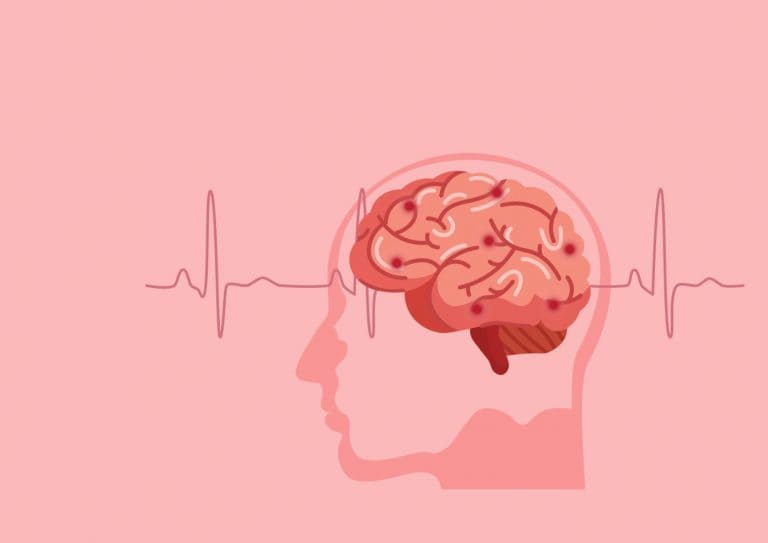
Dealing with money worries after a brain injury
If you or someone you love suffers a brain injury, the effects on lifestyle can be dramatic and sudden.
One day you are working and earning a living – the next, you are in hospital with a life-changing injury, wondering what kind of a recovery you will be able to make and if you’ll ever work again.
This can be very worrying, especially if your income supports your partner, children or any other dependants. The stress and anxiety associated with concerns about money can actually hinder your recovery from brain injury.
Some people will be entitled to company sick pay or statutory sick pay but others will have no entitlement to income from their work after an injury. And in any event, sick pay might not cover the whole loss of income and is likely to be limited to a fixed period of time. Following this a brain-injured person may be forced to retire from their employment on grounds of ill-health.
For many people who suffer an unexpected brain injury, seeking financial support through claiming benefits or by other means is something new and alien to them. The often complicated and confusing processes involved in applying for financial support, (especially when coupled with the priority issue of trying to recover from the injury), can stop people claiming what they are entitled to.
In this blog, I will explore:
- how you can find out what benefits you are entitled to following a brain injury
- other avenues for financial support following a brain injury
What benefits am I entitled to?
The benefits you are entitled to following a brain injury will very much depend upon your individual circumstances. Some of the benefits that might apply include:
Universal Credit (UC) – this is a benefit for people of working age who are on a low income or unable to work due to disability or a long-term health condition. It’s a relatively new benefit that replaces six legacy benefits (income support, income-based Jobseeker’s Allowance, Income related employment and support allowance, housing benefit, child tax credit and working tax credit)
Personal Independence Payments (PIP) – this is a benefit for people of working age to help with a long-term health problem or disability with their extra costs of living. It has replaced Disability Living Allowance (DLA) for new claimants.
Attendance allowance (AA) – this is a benefit for people who are over the state pension age and newly require care or supervision because of a disability.
Carer’s allowance (CA) – this is a benefit for people who are helping somebody who has suffered a brain injury, by doing things such as washing, cooking, shopping or helping them stay safe.
There are several online calculators available which can help you figure out the benefits that you are likely to be entitled to. These include entitledto.co.uk, Turn2us.org.uk and betteroffcalculator.co.uk
If you are unsure, it is advisable to seek professional advice about your benefits entitlement before you apply. Headway UK’s helpline service can provide advice on how to apply for benefits – you can find out more about their free and confidential service here.
The Headway website also contains lots of useful information on completing benefits application forms, preparing for benefits assessments and appealing a benefits decision if you are not happy with the outcome.
When clients instruct us, we always offer them a benefits review with our trusted professional advisers, to ensure that they are receiving everything they are entitled to.
Who else can I look to for financial support?
Sadly, the benefits and other financial support you are entitled to may not cover the earnings you have lost through being unable to work.
You may also have additional needs and expenses relating to your brain injury that aren’t covered by the health & social care or benefits systems.
For short-term, urgent help with finances in the immediate aftermath of an injury, Headway operates an emergency fund. This can provide up to £500 to help adult brain injury survivors and their families cope with the sudden practical implications, such as travel or accommodation costs.
Other charities offer grants for brain injury survivors in financial difficulty, Turn2us.org.uk has a grants search function which may also help secure some financial support.
If you are suffering losses or have needs that aren’t being met, and your brain injury was sustained through negligence of another party (for example, by a driver, your employer, or a healthcare setting) you may be entitled to bring a claim for financial compensation.
If you think you may have a claim, it is important to approach a specialist brain injury solicitor as soon as possible. It may feel daunting, but solicitors who specialise in brain injury cases are experienced in making the process as simple and as stress free as possible for you. Bringing a claim may be the best way to put you back as close to the position you would have been in financially, had you not suffered the injury in the first place.
Bringing a claim can also ensure that you have adequate funds for practical needs (such as accommodation/equipment), for therapeutic support to assist in rehabilitation and for any care and support needs you will have for the rest of your life.
We know from our experience in dealing with many brain injury claims, that access to funds is usually a priority issue following a brain injury. This is why we seek interim payments of funds for our clients at the earliest possible opportunity.










